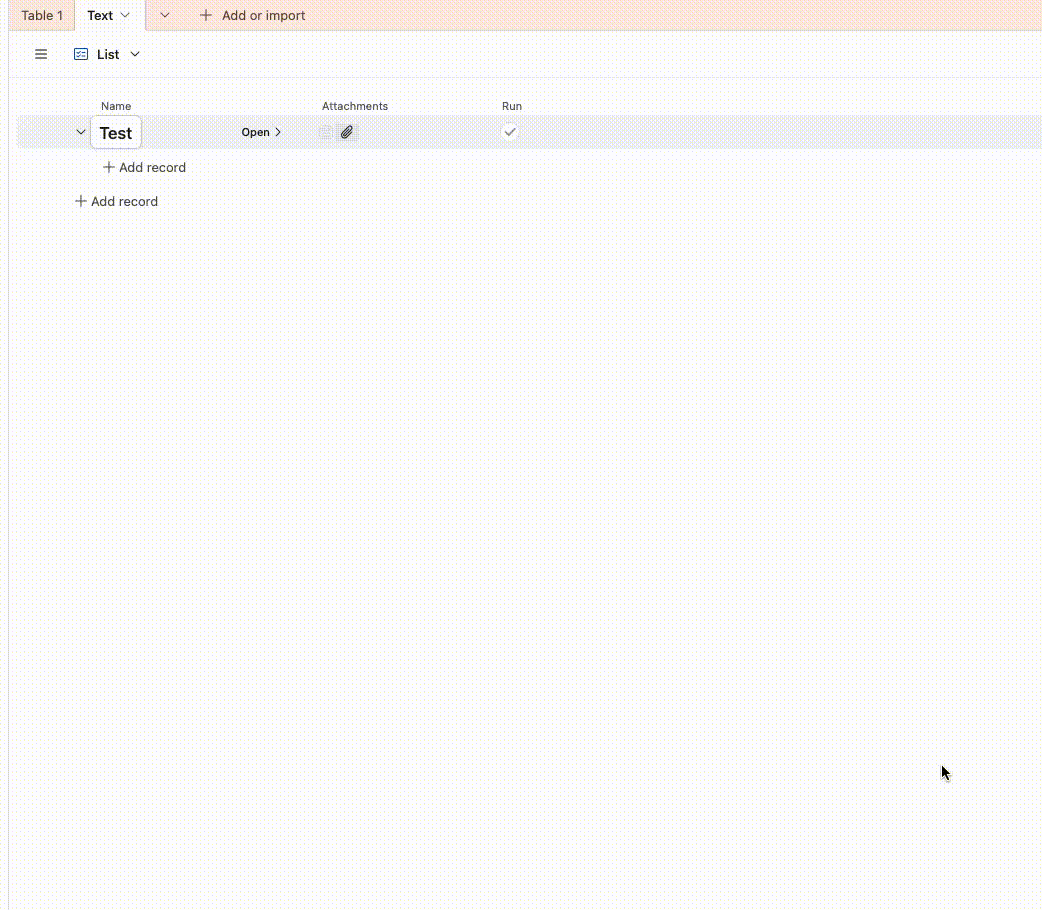I am a photographer and cinematographer. As such, I have innumerable external drives with images and clips on them. Each drive has a top level file ‘listing.txt’ that has the entire folder structure, down to each filename. This can have tens of thousands of lines.
I want to create a base that lists all of my drives and has ‘listing.txt’ as an attachment. Easy.
BUT!!!
I want to make the base searchable, so if I type in ‘badger’, the base will return the drives that have a file or folder that contains the word badger.
Can I make the listing.txt file searchable? Or, do I need to break it up into 100000 character chunks and have numerous long text fields. (I have tried unsuccessfully to do this - but I don’t really know what I am doing!).
Insights welcomed, and thanks in anticipation,
Roy Dunn



